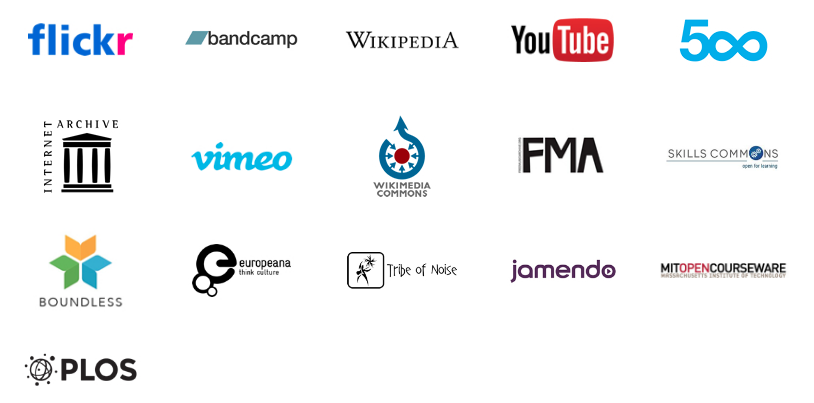
Do we need to remind you? Our goal at Strainly is to foster the preservation of genetics and phenotypes with an inclusive community spirit. In our Breeder’s Rights and the Preservation trilogy, we exposed the mechanisms potentially threatening hemp biodiversity and started exploring alternative approaches. In this article we’ll get even more concrete about the ways to prevent corporate takeover from happening.
Hopefully, you’ve read our articles about plant patents and their implications. If so, you may now be wondering “but what can I do?”.
SOME BASICS ABOUT THE CONCEPT OF COLLABORATIVE COMMONS
During the past ten years, the concept of collaborative commons emerged from the underground to be more widely talked about about as a prevalent organization of value creation in the future. A more horizontal creation of value. While this blew old school business minds, this is actually nothing new to software developers involved in GNU projects since the mid 1980s or… to breeders who’ve been collaborating in an open but informal framework due to legal constraints.
The end of capitalism and the emergence of a new model?
Rather than pretending that we invented these concepts or paraphrasing those who did, below is probably a better use of your time to understand the fundamentals of the Collaborative Economy. This is not communism and it’s already happening. Open Source Software (OSS), but also Airbnb or Uber are the manifestation of the collaborative commons…
The NEED TO FORMALIZE THIS COLLABORATION
With the emergence of the collaborative economy and this new approach to creation, new rules had to be defined in order to prevent opportunistic individuals or organizations to take advantage of collaborative creators, while facilitating the sharing of content and creations. That’s when, in 2001, Lawrence Lessig funded the Creative Commons, a global nonprofit organization that enables sharing and reuse of creativity and knowledge through the provision of free legal tools. This is their vision and mission. Not too far from ours, eh! You don’t have to be a lawyer or consult with one in order to set the terms of sharing your creations in a collaborative spirit!
Today, many platforms offer content and products created and offered under Creative Commons licenses.

How COULD that apply to breeding?
Although the Creative Commons were initially geared toward copyrighted digital creations in the era of the Internet, it can and has been widely used for physical creations too.
What’s great is that the Creative Commons (CC) licenses are:
- ready and free to use
- drafted to be enforceable around the world, and have been enforced in court in various jurisdictions. “To CC’s knowledge, the licenses have never been held unenforceable or invalid”.
- supplied by an independent nonprofit organization
USING THE RIGHT CC License
There are different types of licenses offered by the Creative Commons but only 2 will retain our attention when it comes to breeding:
- Landrace cultivars are by their nature in the public domain and are therefore not eligible to licensing. However, because of the underground nature of the public domain with hemp, we may argue that we should formalize it by using the Public Domain (CC0) license offered by the Creative Commons.
- Strains bred by humans could arguably be eligible to another open and permissive type of license similar to the Attribution-ShareAlike 4.0 International (CC BY-SA 4.0) license.
Both these set of terms pertain to the Free Cultural Works category. Hemp breeding based on existing cultivars would not be eligible to the more restrictive licenses.
IN PRACTICE
A license similar to the CC BY-SA 4.0 license would probably be a good fit for hemp breeding. However, licenses provided by the Creative Commons cover only the scope of copyright, not patents. If only a similar type of license applying to plants existed to maintain genetics accessible, for further enhancements by other collaborative commons (= breeders). We have good news in Open Source Breeding – Part 2…

I agree with cc with plants and animals.
But when it comes to actual inventions such as a gadget or things along that line that’s a different matter altogether. I do not agree with company’s that put out blanket patants on things just because they have the money to high a bunch of college kids to search all day long for others creativity. To profit off it and lock out the creator. That is essentially using law to steel someone’s work! I do not agree with gmo plants and animals at all. We still don’t really know the full extent of the damage being done to the balance of nature yet, with the messed up crap they are doing with food. I am considering breeding hemp for the market, I sure as heck don’t want to get a cease and desist order for my own effort. So a cc for that would not bother me at all. Really if a company does not have any back ground or say have any evidence of being in a industry they shouldn’t be able to be issued patents anyway.(then again for a person who has been working on developing a idea independently, they could be allowed I am not sure how but I don’t believe that should be restricted). That is dirty business and flat out economically immoral. This concept affects so many areas that over done could be very counter productive (people want to make a living/legacy) if it’s restricted to completely open to all, then some will see it pointless to put all that effort/money in for know reason if they are not able to reap any rewards for that said work/capital, invested.